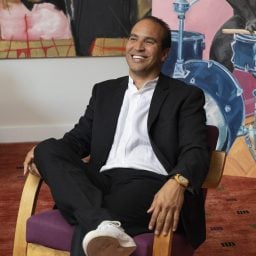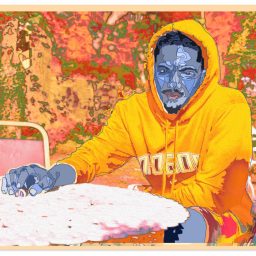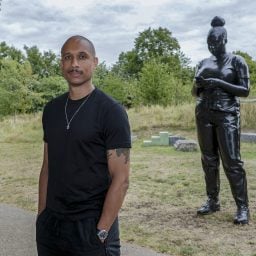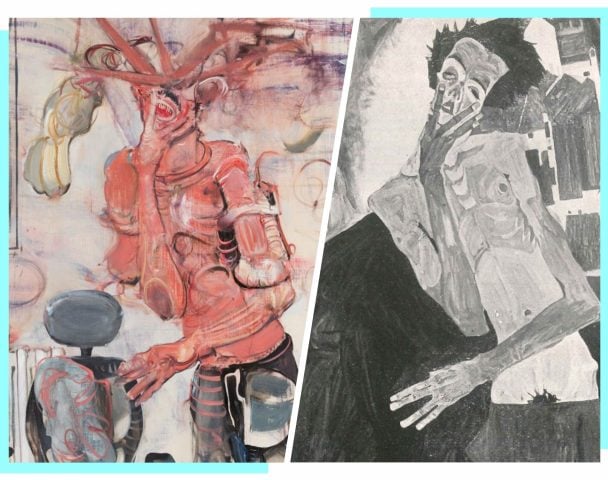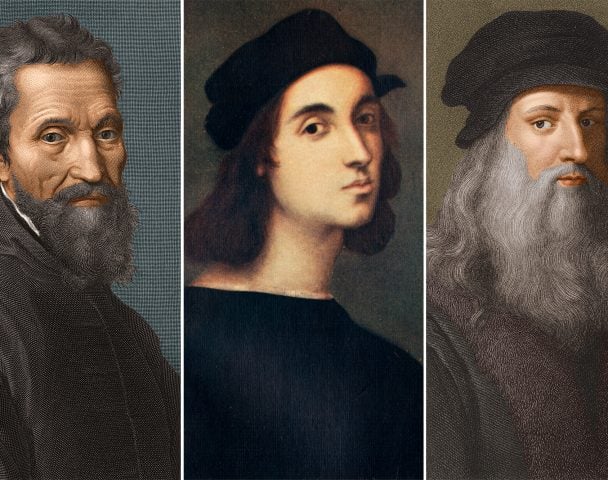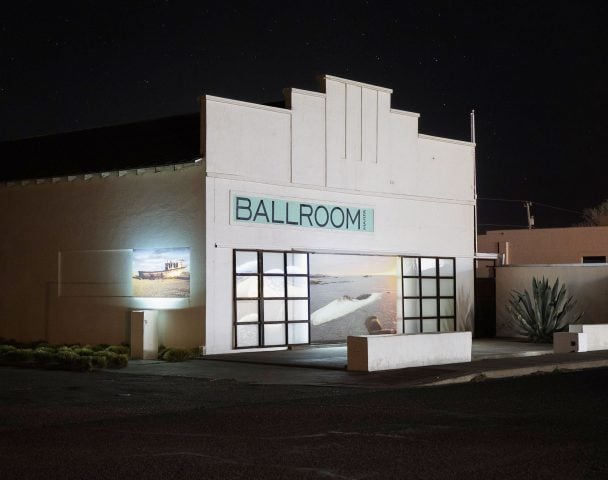As crowds gather in the US capital to mark the 57th anniversary of the March on Washington for Jobs and Freedom with renewed calls for racial equality, Snapchat has enlisted six Black artists, including Theaster Gates, to digital design face masks for the occasion.
“In this unprecedented time, when masks have taken on a new utility and meaning, we wanted to provide Snapchatters with a unique opportunity for self-expression in support of the ongoing fight for racial justice,” Ish Fofana, Snapchat’s creative strategist, said in a statement.
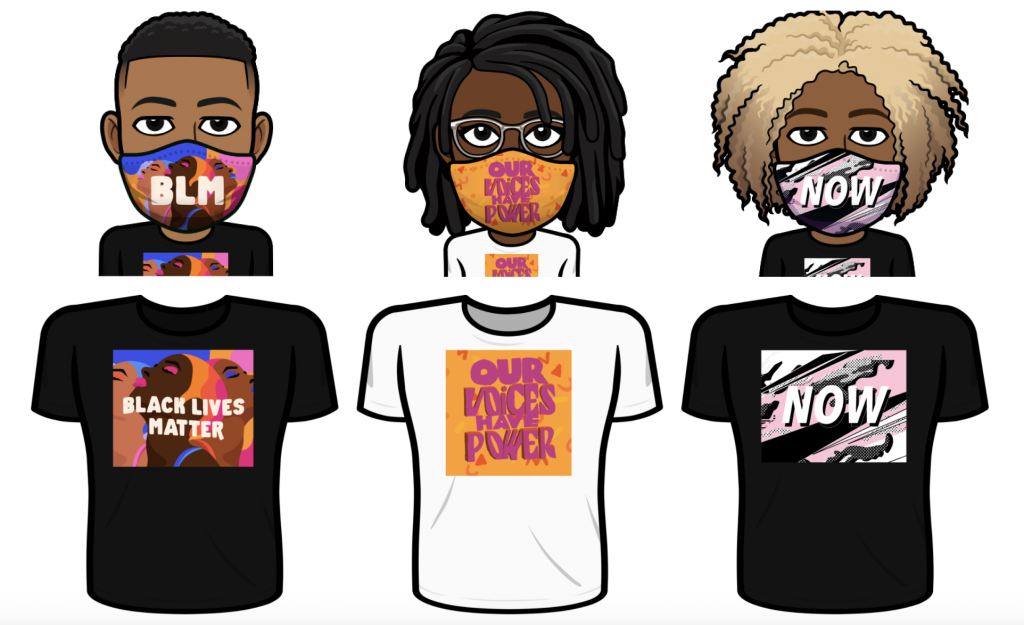
Artists Laci Jordan, Chelsea Alexander, and the collective No Kings have designed Bitmoji face masks and t-shirt accessories for Snapchat. Photo courtesy of Snapchat and the Rebuild Foundation.
The “Raise Your Voice” collection, created in partnership with Gates’s nonprofit, the Rebuild Foundation, is inspired both by the recent resurgence of the Black Lives Matter movement, and the ongoing coronavirus crisis.
Users can use Snapchat’s Lenses to wear augmented-reality masks, use the masks as accessories for their Bitmoji avatars, or visit the app store to buy masks to wear in the real world, with proceeds to benefit the Rebuild Foundation.
Snapchat decided to create the collection knowing that the pandemic would prevent many supporters of the March on Washington from attending in person. (For those protestors, a virtual march is also being held.)
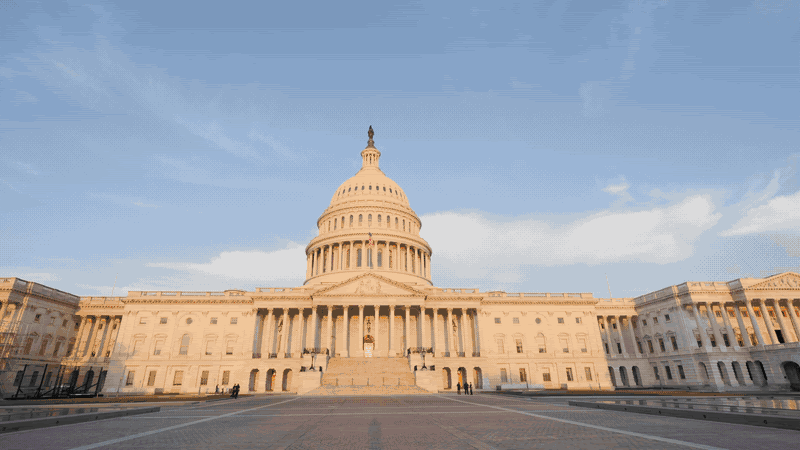
Chelsea Alexander’s “Raise Your Voice” landmark lens for Snapchat transforms the US Capitol Building. Photo courtesy of Snapchat and the Rebuild Foundation.
But for those protesting in person, Snapchat has also introduced a lens that will only activate when users train their camera on the US Capitol, animating it with a design by Chelsea Alexander.
The other participating artists are Laci Jordan, Mikel Patrick Avery, Marcio Lima (who works at Snapchat as a design strategist), and the collective No Kings. The designs are colorful and graphic, featuring phrases such as “Our Voices Have Power” (Alexander) and “Together Even In Hard Times” (Gates).
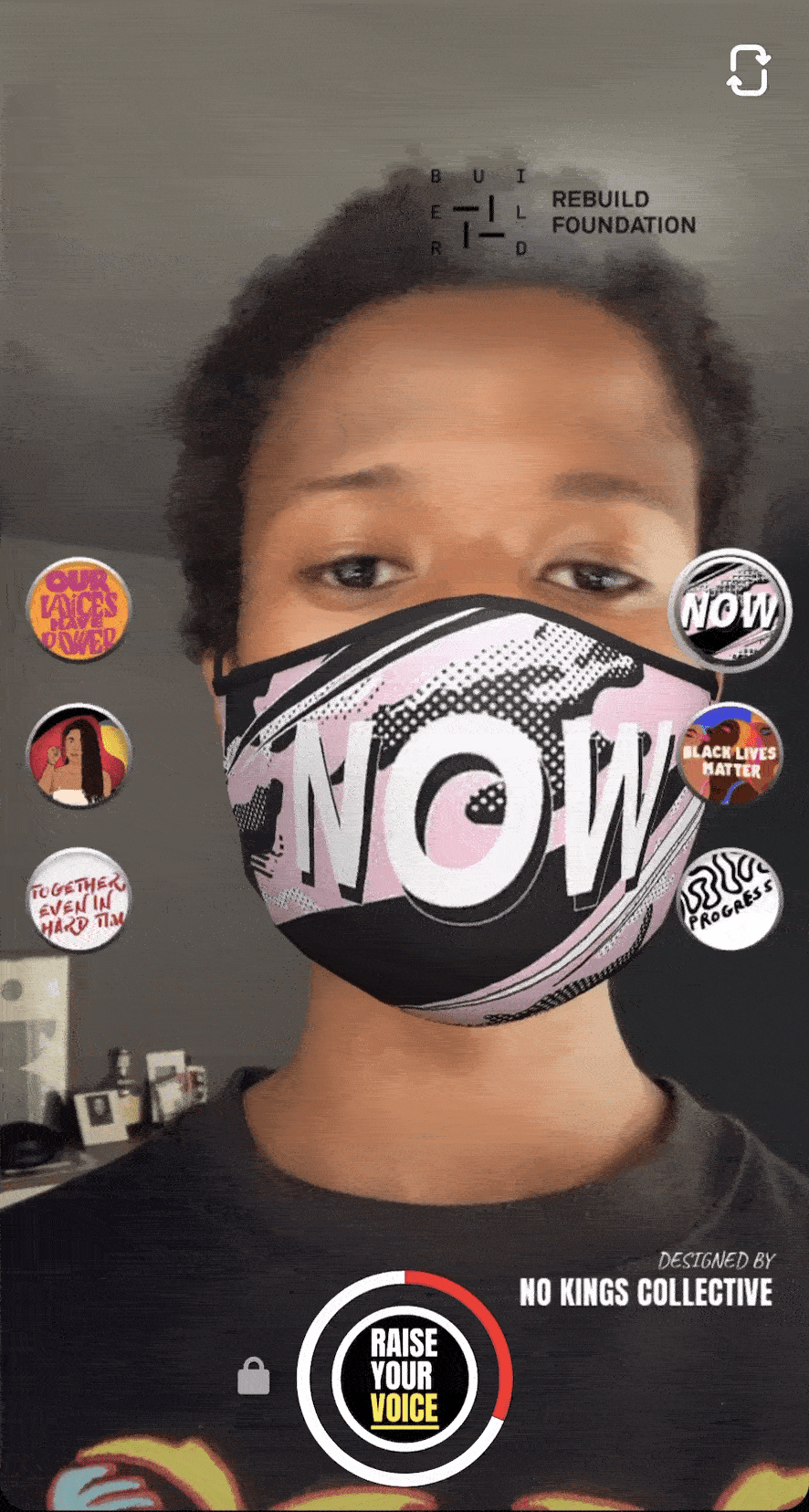
“I began using this phrase as a counterpoint to the emotional weight that I felt as a result of not being able to be close to the people I care about,” Gates said in a statement.
“The COVID-19 pandemic has deeply affected all of our lives, from the way we gather and protest to the way that we breathe. This project embodies the mantra that I try to tell myself every day, that especially in hard times, we need each other more.”





